Introduction to LabVIEW for Electrical & Software Engineers
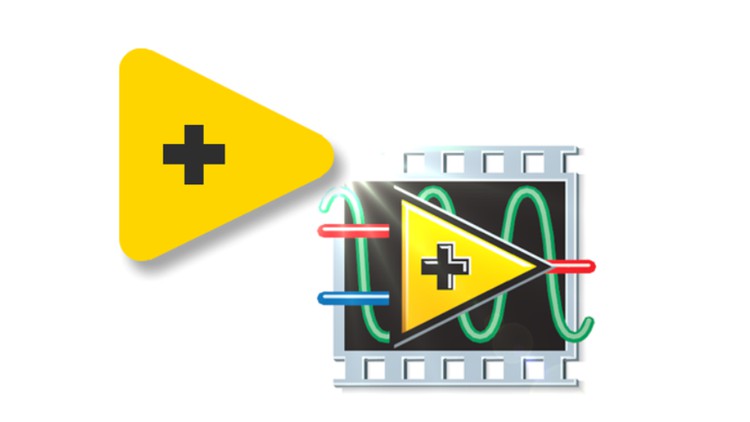
Why take this course?
🎉 Introduction to LabVIEW for Electrical & Software Engineers 🎓
Course Description
In our comprehensive course RAHDG 497, we delve into the intricacies of LabVIEW Software. This isn't just a theoretical dive; we put our knowledge into practice by designing various projects using LabVIEW. Our focus is on signal processing and resolving complex digital designs to provide you with a thorough understanding.
Throughout this course, we will cover the essential units in LabVIEW, including but not limited to:
- Toolkit: Understand the versatility of Toolkit in LabVIEW.
- Cluster: Learn how clusters function and manage data structures.
- Block Diagram: Master the visual programming aspect of LabVIEW with detailed examples.
- While Loop & For Loop: Get to grips with iterative processes within LabVIEW.
- Sequences: Discover the sequential execution capabilities in LabVIEW.
Each topic will be accompanied by a variety of examples to give you a solid grasp of the concepts. By the end of this course, you'll be adept at:
- Processing signals and images.
- Controlling systems with precision.
- Solving equations, especially those involving Booleans and Numbers in LabVIEW Software.
This course is meticulously designed for academic-level Engineering students from around the globe who aspire to enhance their technical skills and expand their career opportunities. 🌍
With lifetime access to the course materials, you can revisit this content as your career progresses to keep your knowledge up-to-date and sharp. 📚🎯
Instructor Profile
Mehrad Nahouri is not just an instructor; he's a seasoned professional with an Associate's degree in Electrical Engineering, focusing on the digital domain. As a lecturer at Rahsoft, Mehrad brings real-world expertise and a passion for teaching to the table. His lessons are designed to empower you with practical skills that can be applied immediately in your projects and career. 👩🏫✨
Prerequisite Knowledge
Before diving into this course, it is recommended that you have a foundational understanding of Introduction to Digital Circuits. This prerequisite will ensure you get the most out of your LabVIEW learning experience.
Target Audience
- Engineering Professionals: Regardless of your current field, this course can help you automate repetitive tasks and streamline processes.
- Undergraduate Students: If you're studying engineering, this course will give you a competitive edge.
- Electrical Engineers: Expand your skillset with LabVIEW and open up new career paths.
- Computer Engineers: Bridge the gap between software and hardware with practical LabVIEW knowledge.
- Biomedical Engineers: Learn how to apply LabVIEW in cutting-edge biotechnology and medical research projects.
- Mechanical Engineering Students: Discover the potential of LabVIEW in mechanical systems modeling and control.
- Graduate Students: Enhance your curriculum with a specialized LabVIEW course tailored for higher education.
Course Content Breakdown
This course is meticulously structured to guide you through the core aspects of LabVIEW, including:
- Introduction: Setting the stage for your LabVIEW journey.
- Types of Data in LabVIEW: Learn about different data types and how they're used.
- LabVIEW Area: Explore the various functional areas within LabVIEW.
- Structures & Loops: Understand complex data structures and looping mechanisms.
- Numeric Section in Toolkit: Master numerical computations and analyses.
- Boolean and Comparison Section in Toolkit: Learn to manipulate logical values and execute comparisons.
- Text Format Functions: Gain the ability to work with text formats effectively.
- File Management: Discover how to handle files within LabVIEW, including data reporting.
Who Should Take This Course?
This course is specifically tailored for:
- Electrical Engineers: Enhance your hardware expertise with software integration skills.
- Computer Engineers: Discover new ways to interact with hardware systems and devices.
- Mechanical Engineers: Learn how LabVIEW can be applied in the development of mechanical systems.
- Biomedical Engineers: Unlock the potential of LabVIEW in medical research and device programming.
- Engineering Students: Whether you're an undergrad or grad student, this course will complement your academic pursuits with practical, marketable skills. 🚀
Embark on your journey to mastering LabVIEW today and take the first step towards a more efficient, versatile, and successful engineering career! 🌟🚀
Course Gallery
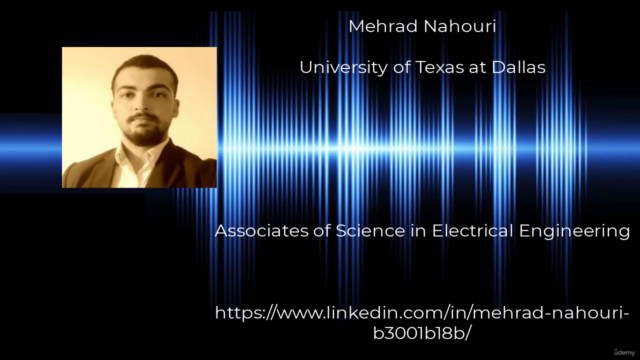
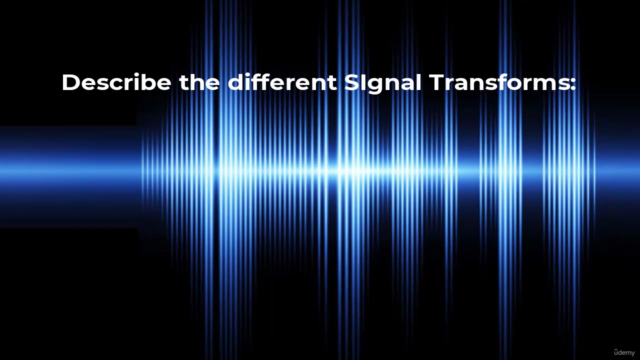
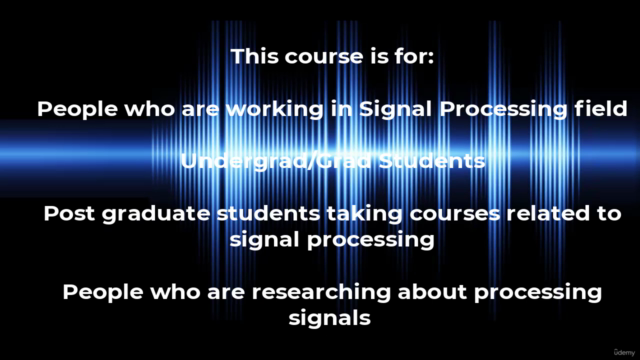
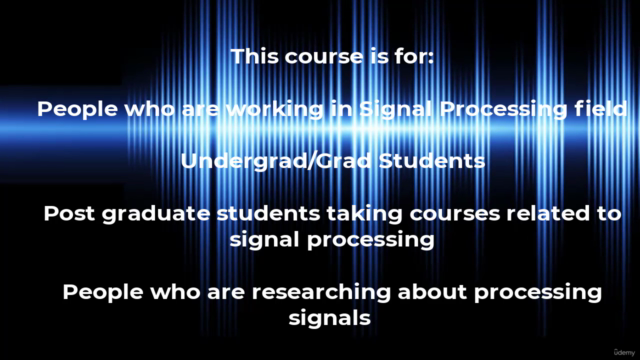
Loading charts...